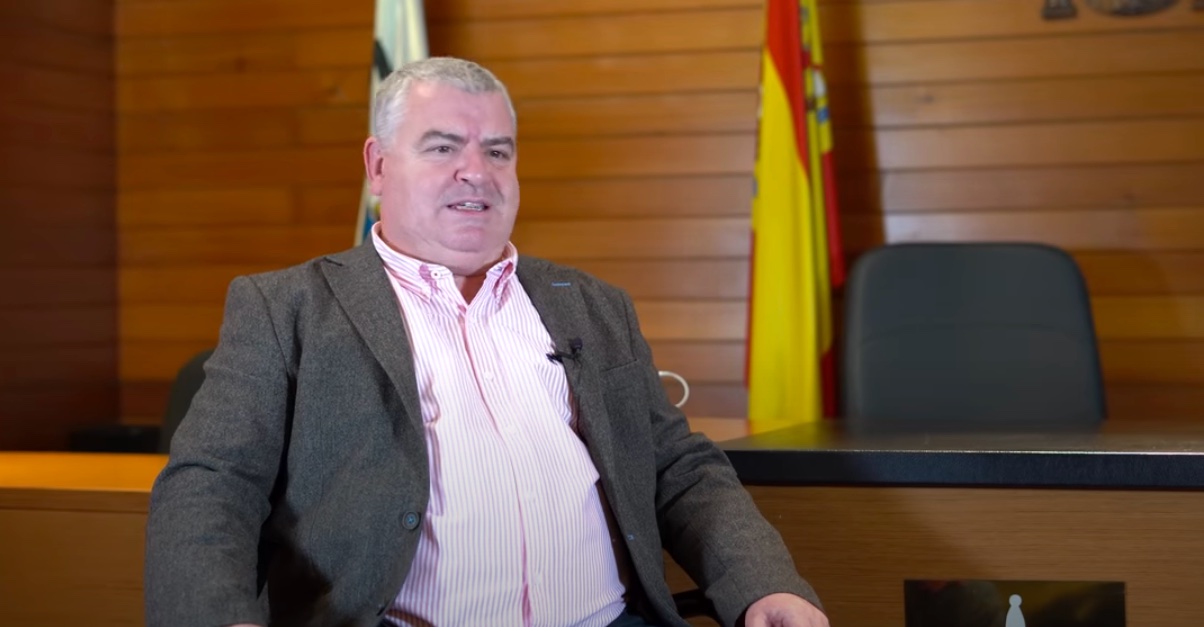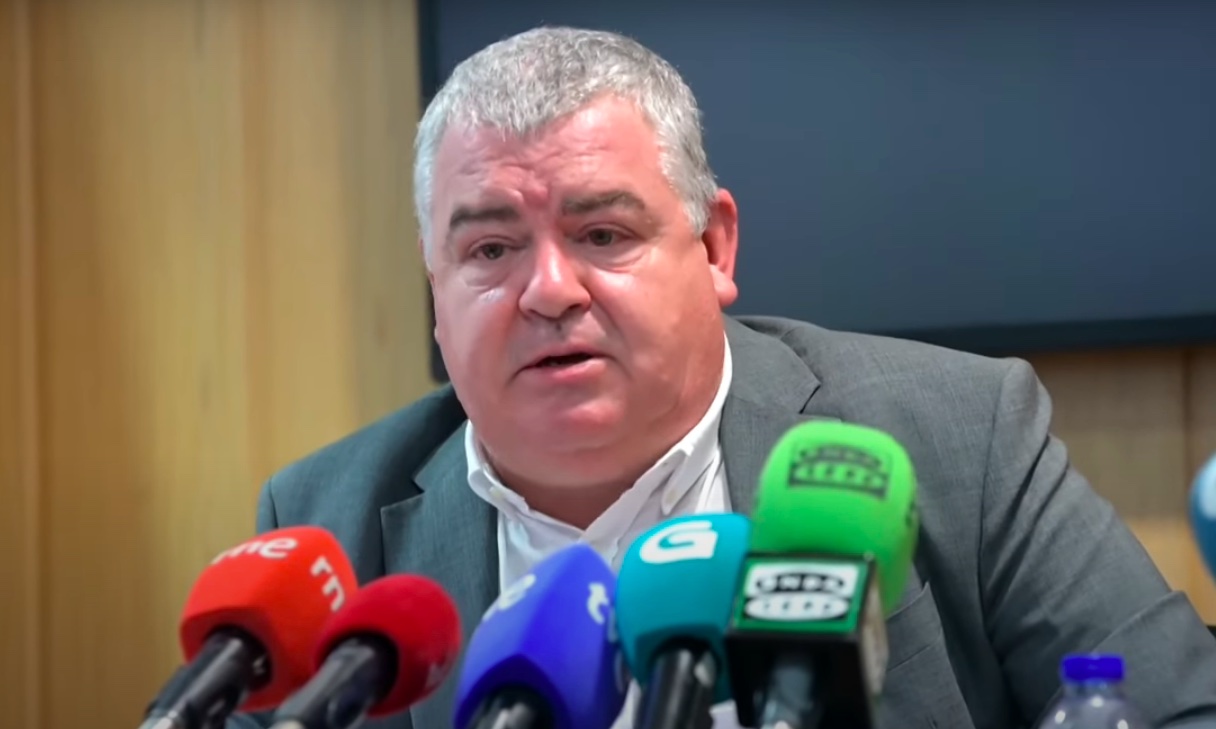In Netflix’s ‘The Asunta Case,’ the murder of a 12-year-old girl shocks the nation, especially when her adoptive parents are arrested for the crime. The investigation is led by a seasoned judge named Luis Malvar, who immidiately sets his sights on the couple, collecting every evidence possible against them, even though it might be a passing one at best. Even when others begin to doubt the narrative, he is the only one who remains steadfast about it till the end. His real-life counterpart was much of the same.
José Antonio Vázquez Taín Has a Multifaceted Profile

The character of Judge Luis Malvar in the Netflix series is based on the real-life judge José Antonio Vázquez Taín, who handled the investigation into the murder of Asunta Basterra Porto. Currently, he serves as the head of Criminal Court Number 2 of A Coruña but wears several other hats outside the department. He is a best-selling author with seven books in his belt. He is involved in a production house called Amarola Producciones, through which he has directed several documentaries. He is also a regular radio and TV talk show host, while also being a popular public speaker.
Taín was born in 1968 in a small village in Celanova called La Merca. His early years were spent in Orense, and when the time came to choose a profession, he decided to study law at the University of Santiago de Compostela. His first assignment came in the form of the posting at Vilagarcía de Arousa in 1999. He stayed there till 2005 and developed a reputation by tackling high-profile crimes, earning him nicknames like the Galician Garzón or the Robin Hood of Vilagarcía. One of his most well-known achievements of the time is his fight against drug trafficking, in which he is said to have removed at least 50 tons of drugs from the market. In 2003, he went for the arrest of Marcial Dorado, a well-known smuggler and drug trafficker.
In 2005, Taín was transferred to Mataró in Barcelona, from where he moved to Galicia. He was appointed the Director of the Center for Judicial Studies and Public Security, a recently created position. A while later, he was sent back to Mataró, where he spent another year and a half before he was transferred to Coruña and eventually appointed to the Court of Instruction 2 of Santiago, where he tackled the Asunta case.
In 2013, Taín published his first novel titled ‘Santiago,’ followed by ‘To Hell You Arrive Quickly,’ ‘The Bottomless Sea,’ ‘Killing is Not Easy,’ ‘Great Judgements of History,’ and ‘Pulse to the State.’ In almost all of his stories, readers can find parallels with the real-life cases he has tackled in his long and successful career. While his books, which often have a fictional spin, have sold well, he has also been criticized, with some readers questioning whether he should be writing about those topics in the first place. For his part, Taín has always maintained that he draws parallels from real life for all of his works. One of his protagonists was based on himself, while another was based on his wife. He has also based major characters in his books on the people he has worked with, like the police officers and the members of the Civil Guard, among others.
Through the Amarola production house, he has produced two audiovisual works titled ‘Peregrinas,’ released in 2022, and ‘The Mozarabic Way: Blood, Sweat and Faith.’ In 2023, due to his involvement in the projects, The General Council of the Judiciary (CGPJ) suspended him for ten days, citing the incompatibility of these productions alongside his responsibilities as the judge. While it was termed “a very serious offense,” Taín not only appealed against the decision but also stated that nothing he did was beyond the confines of the law. Still, as he waited for the result of his appeal, he said that he would comply with whatever decision followed.
Having dealt with criminals all his life, Taín once almost became a victim of a crime in 2012. An ex-convict had been obsessed with him, and to get his attention, the criminal stalked his son at the bus stop and threw a corrosive liquid at him. Luckily, Taín’s son was saved, but the act did hurt five other people, three of whom were children. The man was sent back to prison. Since then, Taín and his family have not encountered any other threats and have lived in peace.
Read More: Alfonso Basterra: Where is Asunta Porto’s Dad Today?


You must be logged in to post a comment.